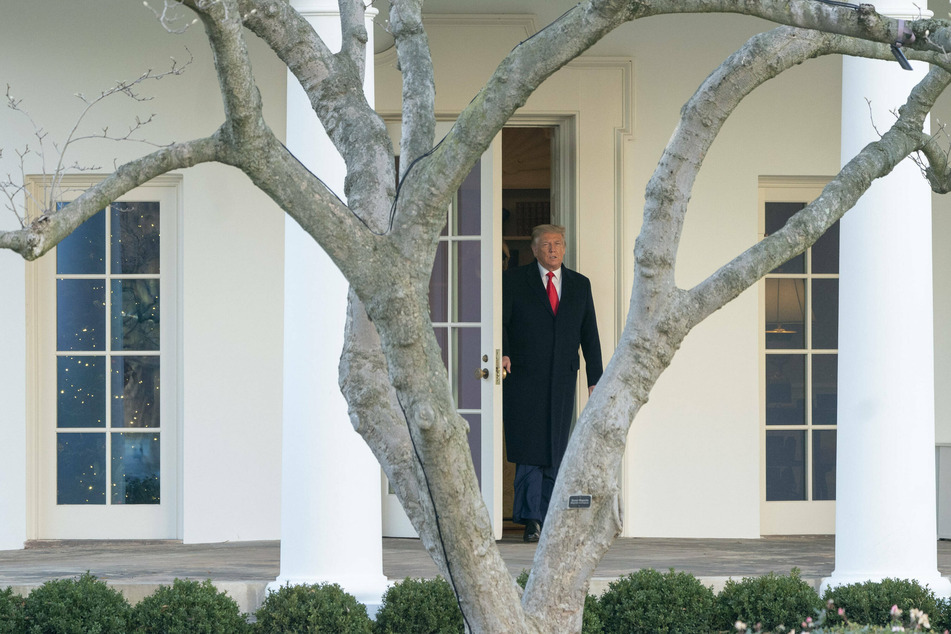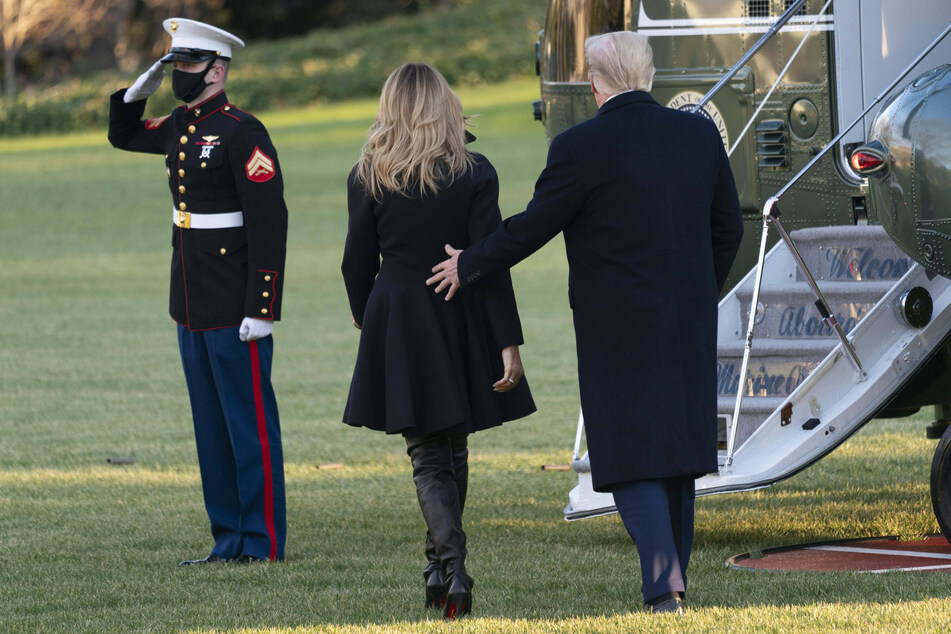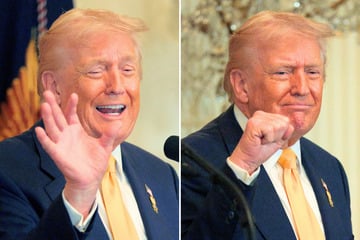Trump defies bipartisan consensus and vetoes national security bill
Washington D.C. - President Donald Trump on Wednesday vetoed the critical National Defense Authorization Act, a 740-billion-dollar policy bill that is the cornerstone of the country's national security strategy, setting up a showdown with lawmakers.

Both chambers of Congress will now have to convene, likely next week, to attempt to override the veto.
Congress had sent the annual bill, which mainly sets the policy for the Department of Defense, to Trump's desk earlier this month. He had until Wednesday to decide whether to veto the bipartisan bill or let it become law.
The president objected to the NDAA over a plan to rename military bases named after leaders of the Confederacy.
Trump also opposed the unrelated demand to strip liability protections for social media companies, as he publicly feuds with the likes of Twitter.
Lawmakers had also slipped language into the bill that would have slow-walked Trump's plans to wind down forces abroad, including deployments in Afghanistan and Germany. The president said any limits on his role as commander-in-chief are "unconstitutional."
Since the 1960s, the NDAA has been passed every year, and a president has never blocked the bill. Both chambers of Congress approved the bill with large majorities, and the expectation is that lawmakers will override the veto with the needed two-thirds majority.
Congress has never succeeded in overriding a Trump veto so far, but the defense bill may be the first time this happens.
Leaders in both parties have indicated they were prepared to come back into session during the holiday season to hold the override vote. The first vote in the House of Representatives could come as early as Monday.
Congress expected to override Trump's veto

Key lawmakers from both major parties came out quickly after the veto to say they were confident they had the numbers to overrule Trump.
"The NDAA has become law every year for 59 years straight because it’s absolutely vital to our national security and our troops. This year must not be an exception," said Jim Inhofe, the Republican chairman of the Senate Armed Services Committee.
Democrats were more forceful, denouncing Trump for the veto. Mark Warner, the top Democrat on the Senate intelligence committee, said the move "poses a serious threat to US national security."
However, Trump ally Lindsey Graham, a key Senate Republican, indicated he wanted to see progress on rolling back protections for tech companies before he would go against the president, showing that a veto override is not a slam-dunk.
In his message to Congress, Trump called the NDAA a "gift" to China and Russia.
He said the so-called Section 230 protections for social media firms – which basically mean they are not usually liable for content posted by users – were a "very dangerous national security risk."
Even members of Trump's own Republican party were uncomfortable with his demands to include the internet rule in the NDAA, while the renaming of the bases has long been in the works but gained momentum this year in light of a nationwide protest movement against racism.
Cover photo: imago images / ZUMA Wire

